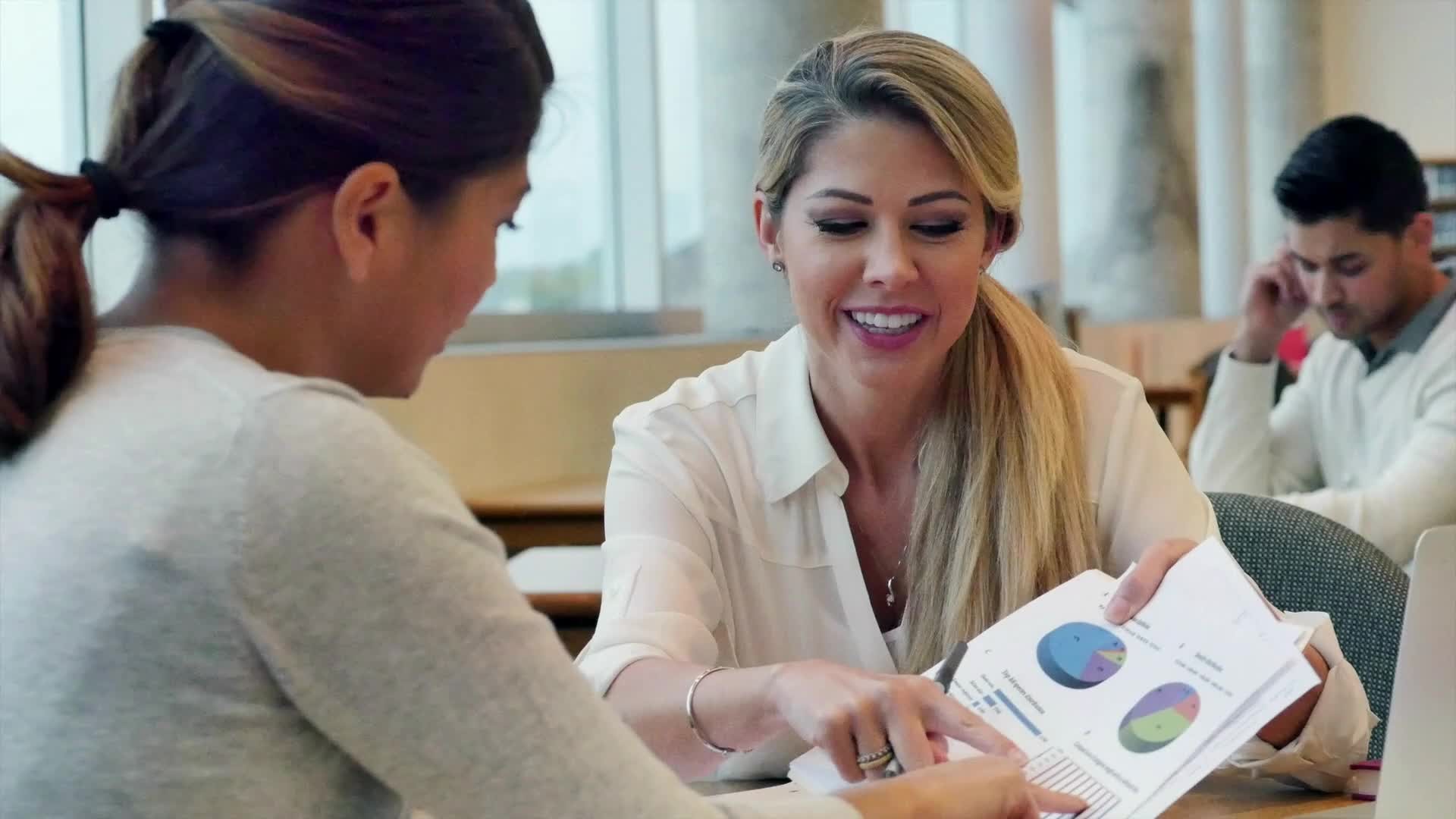Tax Examiners & Tax Collectors
Tax Examiners & Tax Collectors
Career Overview
Tax examiners and collectors, and revenue agents determine how much is owed in taxes and collect tax from individuals and businesses on behalf of the government.
Education
Most tax examiners and collectors, and revenue agents need a bachelor’s degree in accounting or a related field. However, the level of education and experience required varies with the position and employer.
Future Outlook
Employment of tax examiners and collectors, and revenue agents is projected to decline 4 percent from 2019 to 2029. Employment of these workers will depend primarily on future changes to federal, state, and local government budgets. Budget reductions in recent years have resulted in decreased hiring for the agencies that employ these workers.
Work Environment
Tax examiners and collectors, and revenue agents work for federal, state, and local governments. Many work primarily in an office environment; others spend most of their time doing field audits in taxpayers’ homes or places of business.
Recommended High School Courses
- Business
- Communication
- Economics
- Accounting
- Computer Applications
- Active Learning - Understanding the implications of new information for both current and future problem-solving and decision-making.
- Active Listening - Giving full attention to what other people are saying, taking time to understand the points being made, asking questions as appropriate, and not interrupting at inappropriate times.
- Complex Problem Solving - Identifying complex problems and reviewing related information to develop and evaluate options and implement solutions.
- Coordination - Adjusting actions in relation to others' actions.
- Critical Thinking - Using logic and reasoning to identify the strengths and weaknesses of alternative solutions, conclusions or approaches to problems.
- Judgment and Decision Making - Considering the relative costs and benefits of potential actions to choose the most appropriate one.
- Mathematics - Using mathematics to solve problems.
- Monitoring - Monitoring/Assessing performance of yourself, other individuals, or organizations to make improvements or take corrective action.
- Persuasion - Persuading others to change their minds or behavior.
- Reading Comprehension - Understanding written sentences and paragraphs in work related documents.
- Service Orientation - Actively looking for ways to help people.
- Social Perceptiveness - Being aware of others' reactions and understanding why they react as they do.
- Speaking - Talking to others to convey information effectively.
- Time Management - Managing one's own time and the time of others.
- Writing - Communicating effectively in writing as appropriate for the needs of the audience.
- Clerical - Knowledge of administrative and clerical procedures and systems such as word processing, managing files and records, stenography and transcription, designing forms, and other office procedures and terminology.
- Computers and Electronics - Knowledge of circuit boards, processors, chips, electronic equipment, and computer hardware and software, including applications and programming.
- Customer and Personal Service - Knowledge of principles and processes for providing customer and personal services. This includes customer needs assessment, meeting quality standards for services, and evaluation of customer satisfaction.
- Economics and Accounting - Knowledge of economic and accounting principles and practices, the financial markets, banking and the analysis and reporting of financial data.
- English Language - Knowledge of the structure and content of the English language including the meaning and spelling of words, rules of composition, and grammar.
- Law and Government - Knowledge of laws, legal codes, court procedures, precedents, government regulations, executive orders, agency rules, and the democratic political process.
- Mathematics - Knowledge of arithmetic, algebra, geometry, calculus, statistics, and their applications.
- Category Flexibility - The ability to generate or use different sets of rules for combining or grouping things in different ways.
- Deductive Reasoning - The ability to apply general rules to specific problems to produce answers that make sense.
- Flexibility of Closure - The ability to identify or detect a known pattern (a figure, object, word, or sound) that is hidden in other distracting material.
- Inductive Reasoning - The ability to combine pieces of information to form general rules or conclusions (includes finding a relationship among seemingly unrelated events).
- Information Ordering - The ability to arrange things or actions in a certain order or pattern according to a specific rule or set of rules (e.g., patterns of numbers, letters, words, pictures, mathematical operations).
- Mathematical Reasoning - The ability to choose the right mathematical methods or formulas to solve a problem.
- Near Vision - The ability to see details at close range (within a few feet of the observer).
- Number Facility - The ability to add, subtract, multiply, or divide quickly and correctly.
- Oral Comprehension - The ability to listen to and understand information and ideas presented through spoken words and sentences.
- Oral Expression - The ability to communicate information and ideas in speaking so others will understand.
- Problem Sensitivity - The ability to tell when something is wrong or is likely to go wrong. It does not involve solving the problem, only recognizing there is a problem.
- Speech Clarity - The ability to speak clearly so others can understand you.
- Speech Recognition - The ability to identify and understand the speech of another person.
- Written Comprehension - The ability to read and understand information and ideas presented in writing.
- Written Expression - The ability to communicate information and ideas in writing so others will understand.
- Collect payments for goods or services.
- Update knowledge of legal or regulatory environments.
- Document information related to legal proceedings.
- Correspond with customers to answer questions or resolve complaints.
- Explain regulations, policies, or procedures.
- Examine financial records.
- Inform individuals or organizations of status or findings.
- Maintain data in information systems or databases.
- Verify accuracy of financial information.
- Verify accuracy of records.
- Gather financial records.
- Advise others on legal or regulatory compliance matters.
- Examine financial records or processes.
- Testify at legal or legislative proceedings.
- Assess financial status of clients.
- Oversee business processes.
- Communicate with government agencies.
- Negotiate agreements to resolve disputes.
- Develop financial plans for clients.
- Collect evidence for legal proceedings.
- Prepare legal or investigatory documentation.
- Advise others on financial matters.
- Develop financial analysis methods.
Approx Salary Expectation
Related Careers
References
Trend Analysis - Explorer the Market, Labour Market Information, Government of Canada https://www.jobbank.gc.ca/trend-analysis.
O*NET OnLine, National Center for O*NET Development, https://www.onetonline.org/.


